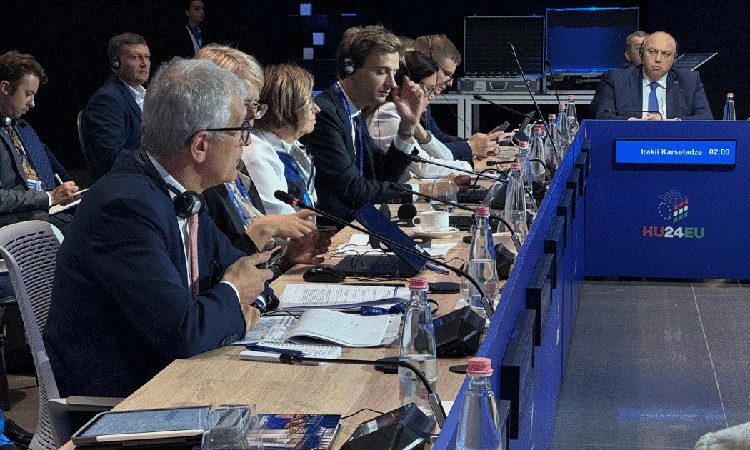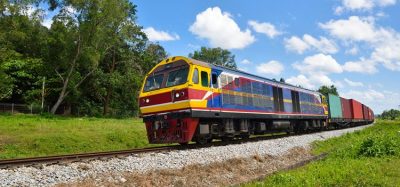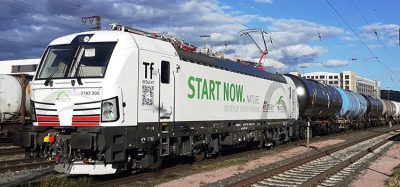EU transport leaders advocate for ambitious high-speed rail master plan
Posted: 23 September 2024 | Global Railway Review | No comments yet
Dr. Alberto Mazzola called for a European high-speed rail master plan by 2050 to connect capitals and major cities, benefiting over 60% of EU citizens and generating €750 billion in societal value.


Credit: Community of European Railway & Infrastructure Companies
On 20 September 2024, during the EU Informal Transport Council held in Budapest, Dr. Alberto Mazzola, Executive Director of the Community of European Railway & Infrastructure Companies (CER), outlined key actions to foster a competitive and sustainable EU transport policy. Dr. Mazzola emphasised the need for a European high-speed rail (HSR) master plan, aiming to connect all European capitals and major cities by 2050. This initiative could grant over 60% of EU citizens access to high-speed rail, offering significant societal benefits, including €750 billion in economic value.
Dr. Mazzola cited China’s success in developing the world’s largest HSR network, which spans 45,000km and has contributed an estimated $378 billion to the Chinese economy, offering a 6.5% annual return on investment. He suggested that Europe could replicate similar success, noting that such a network would require tripling the current HSR infrastructure and an estimated investment of €550 billion.
The economic benefits of the HSR network would extend beyond just connectivity. A recent European study projects €750 billion in societal gains by 2070, with the creation of 1.5 billion jobs and a reduction of 5 billion tonnes of CO2 emissions.
Dr. Mazzola also stressed the need for comprehensive and sustained financing to support the development of rail infrastructure. While existing infrastructure can be optimised through innovation and digitalisation – particularly through initiatives like the European Rail Traffic Management System (ERTMS) and Digital Automatic Coupling – greater investment is necessary. Mazzola highlighted the importance of integrating rail freight into core EU policies, such as climate change and military mobility.
In addition, he advocated for scaling up the EU’s Multiannual Financial Framework (MFF) and attracting private investment, using mechanisms like the polluter-pays principle to support green transport initiatives.
CER Executive Director Alberto Mazzola said: “High-speed rail is key to the provision of quality and comfortable rail services, the reduction of oil dependency and decarbonisation. With a HSR network connecting all EU capitals and major cities, rail market share on long-distance traffic will increase above 50% and bring about true and lasting modal shift. More than 100 million tonnes of CO2 per year could be saved thanks to shifting traffic to HSR from 2025 to 2070; this would have a value of €10 billion/year suitable to finance a very ambitious HSR network of 31,849 km.”






